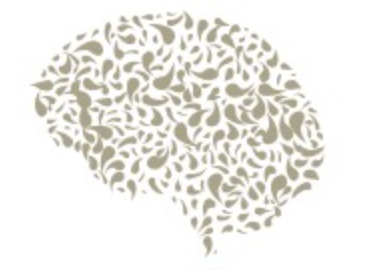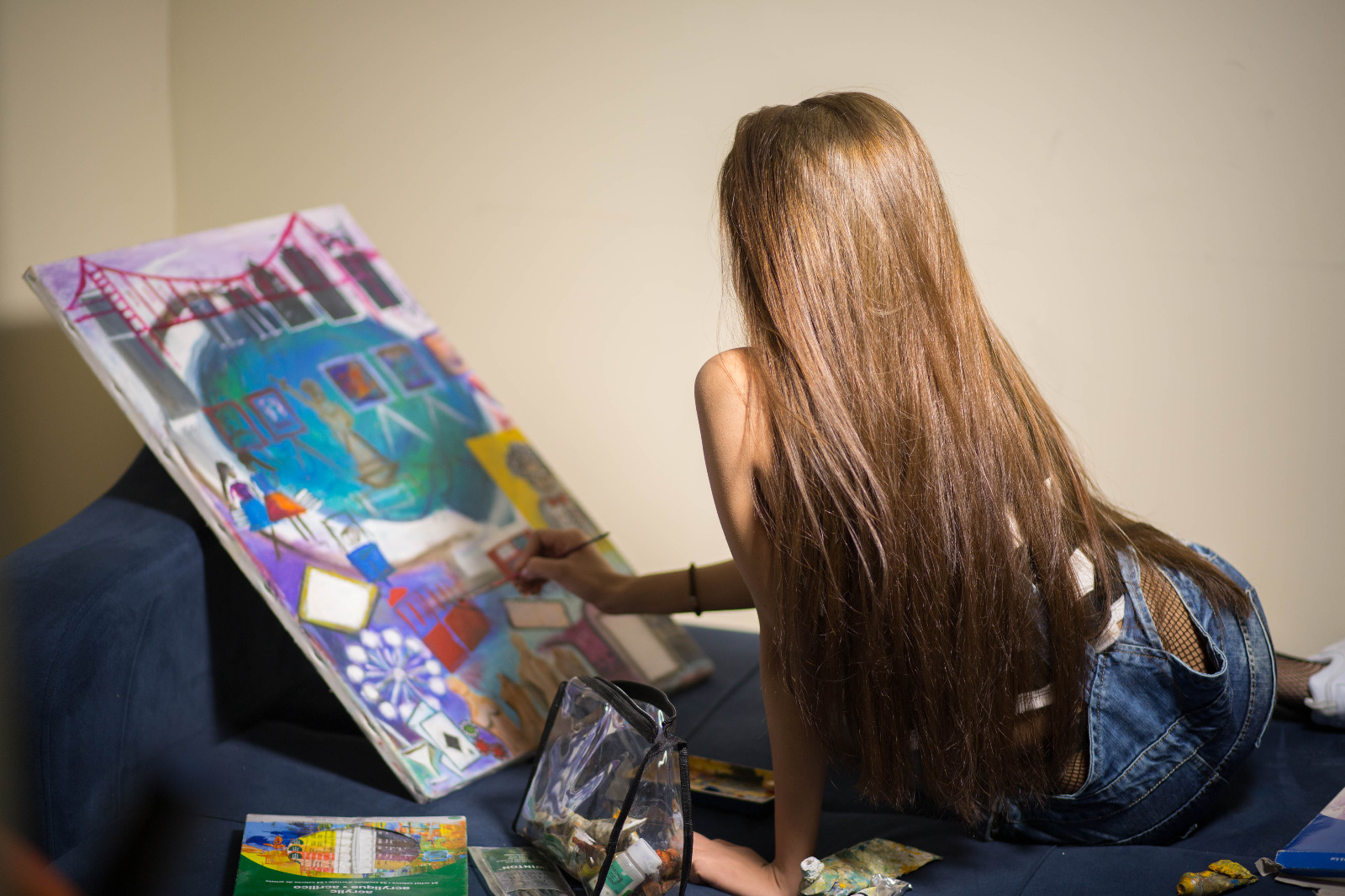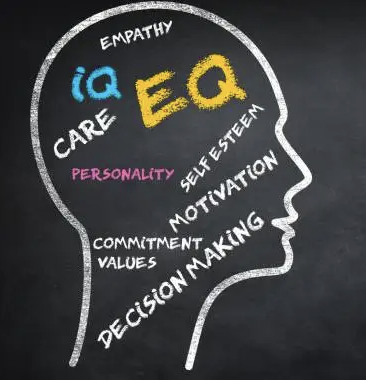Partition wasn’t just a historical event—it left emotional scars that generations are still unpacking today. Growing up, I often heard tales from both my maternal and paternal grandparents about our family’s journey during the partition of 1947.
“We were among the fortunate ones who managed to cross the border safely, but we left everything behind, including vital documents detailing our family history and possessions.”
This is a story shared by many South Asians around the world. The Partition was not just a historical event; it was emotional and traumatic, and its effects still linger today. My grandmother, who passed away in the late 80s, often spoke about her life in India before Pakistan was created. I wonder if she ever moved on and made new memories. My parents shared bits of their childhood, highlighting the strict rules and sometimes abusive behaviors they experienced. Similar patterns were observed in friends’ ancestors who moved during the Partition.
These stories are filled with sadness and suffering, yet they seem normal to many. The Partition left a hole in our region, one we try to ignore but which haunts each generation of our family.
Before discussing how the Partition perpetuates intergenerational trauma, let’s briefly review the historical context. Elite Indian politicians, under pressure from British colonizers, hastily addressed the chaos during the post-war period, resulting in the creation of India, Pakistan, and eventually Bangladesh. This led to the largest mass migration in history, with millions displaced and millions more losing their lives.
Families were torn apart, and horrific atrocities were committed. Many migrants were unaware of the dangers of crossing the border and believed they would return soon. In many South Asian families, including Hindus, Sikhs, and Muslims, the memories of past massacres still haunt generations. The trauma experienced by grandparents often remains unspoken, affecting the lives of their children and grandchildren. Parents may have endured domestic violence, emotional abuse, and patriarchal norms without fully understanding the root causes of their suffering. This cycle of trauma can alter brain function and lead to mental health issues like depression, anxiety, and substance abuse.
The partition of India had a profound impact on South Asian communities, causing PTSD, poverty, and malnutrition among those who lived through it. Subsequent generations inherited the effects, growing up in abusive environments with parents struggling to survive. This generational trauma manifests in various ways, from perfectionism to addiction and attachment disorders.
Breaking the cycle of intergenerational trauma requires acknowledging its existence and speaking out against it. Understanding personal stories helps recognize inherited trauma and find ways to address it. Trauma can be passed down through DNA modifications, cultural conditioning, and family narratives. It affects families differently, either bringing them closer together or driving them apart.
There are different types of therapy that can help people dealing with intergenerational trauma.
- Psychoanalysis: This involves talking with a therapist to explore deep-rooted feelings and experiences. Research from 2020 suggests it might help reduce the impact of intergenerational trauma on both individuals who experienced it and their children.
- Eye Movement Desensitization and Reprocessing (EMDR): This therapy uses gentle tapping to help people develop new ways of thinking about their trauma and process traumatic events.
- Somatic therapy: Trauma can affect the body as well as the mind. Somatic therapy focuses on the body’s sensations and movements to help individuals become more aware of their bodies and reprogram their nervous systems.
- Internal Family Systems (IFS): Therapists using this approach help individuals integrate different aspects of their personalities into a unified whole. They may also use genograms, which are visual representations of family structures, to help clients understand their family history in new ways.
- Prolonged Exposure Therapy (PE): Often used for PTSD, this therapy involves gradually confronting the source of fear to reduce anxiety associated with it.
- Cognitive Processing Therapy (CPT): This type of therapy helps individuals challenge and change unhelpful beliefs about trauma that may keep them feeling “stuck”. It is also commonly used for PTSD.
These therapies offer various approaches to help individuals address and overcome intergenerational trauma and its effects. Children often internalize their parents’ trauma, leading to codependency or anxiety about unpredictable behavior. Systems of patriarchy passed down through generations may influence relationship dynamics, perpetuating unhealthy patterns. Recognizing these patterns and speaking out against them is key to healing and breaking the cycle of intergenerational trauma.








[…] self-awareness in the context of trauma involves recognizing and understanding one’s thoughts, feelings, and behaviors without bias […]
[…] flexibility is a hallmark of diminished imagination, as they become trapped in a loop of their past experiences, unable to envision new […]
[…] a sense of being separate and independent. This dynamic is usually rooted in low self-worth and past traumas, leading the codependent person to seek validation from others by constantly trying to please them, […]
[…] when embraced, can be a catalyst for change. It’s easy to stay in your comfort zone. But pushing past fear, even just a little, is where growth happens. That first small step? It’s the hardest, but it’s […]